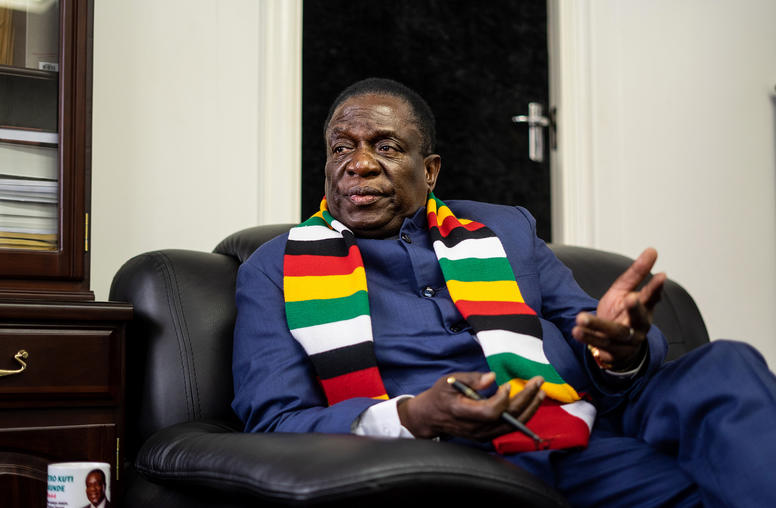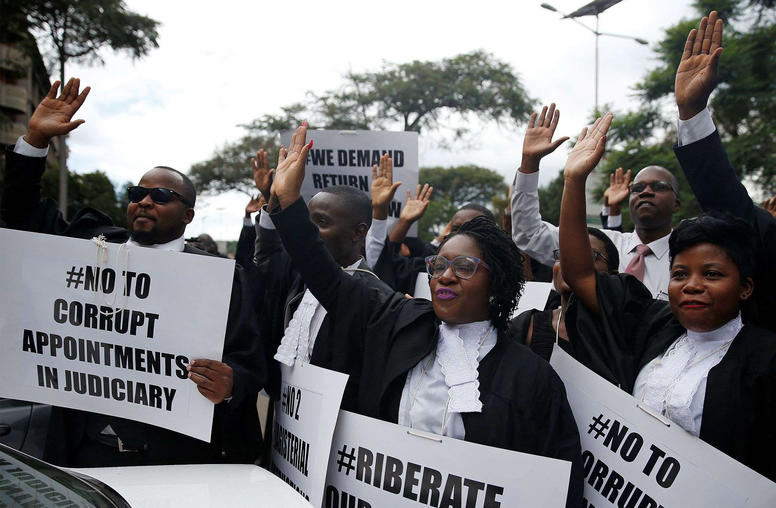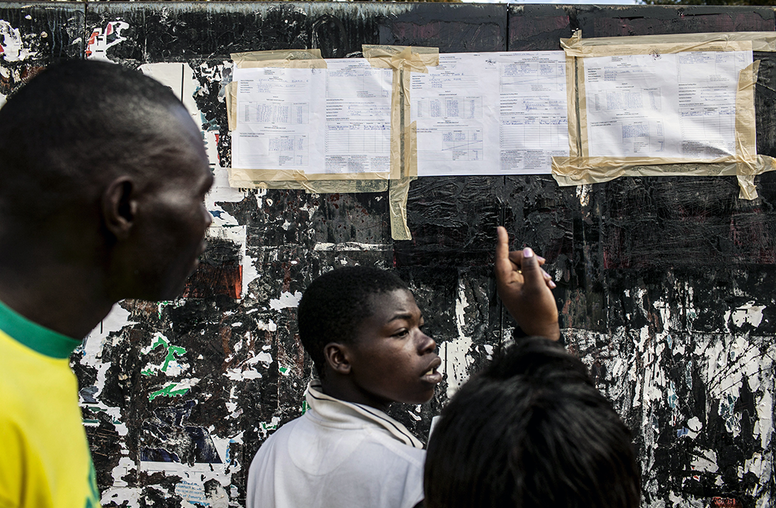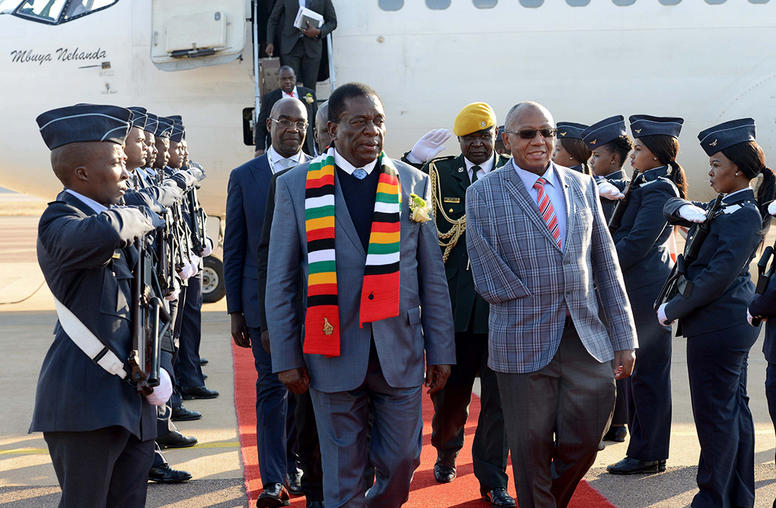Democracy in Africa: Political Transition and Violence in Togo, Guinea, and Zimbabwe
This panel of academics and civil society representatives discussed the factors that lead to violence during political transitions in Africa. Panelists paid particular attention to events in Togo and Zimbabwe and spoke about methods for minimizing potential future violence in Guinea.
Speakers
- Nicolas van de Walle, Cornell University
- John Makumbe, Transparency International, Zimbabwe
- Sarah Lawerence, Amherst Colleges
- Saran Daraba Kaba, Mano River Women's Peace Network
- Kafui Adjamabo Johnson, Women, Law and Development in Africa, Togo
- E. Gyimah-Boadi, Ghana Center for Democratic Development
- Dorina Bekoe, Moderator, U.S. institute of Peace
Media Inquiries
Please contact the Office of Public Affairs and Communications at 202.429.3832.
Political transitions in Africa often result in violence between the state and its opponents and between opposition groups. What causes transitions to degenerate into violence in Africa? How can such occurrences be minimized? What roles can civil society and the international community play to help manage such violence? This panel of academics and civil society representatives will address the these and related questions, focusing on the lessons from political violence in Togo and Zimbabwe and the methods for minimizing potential future violence in Guinea.



